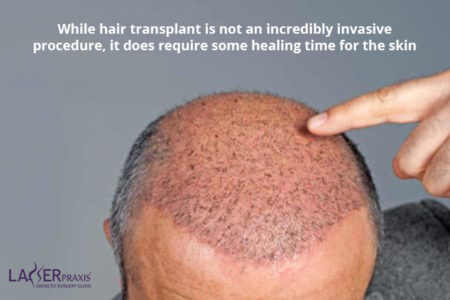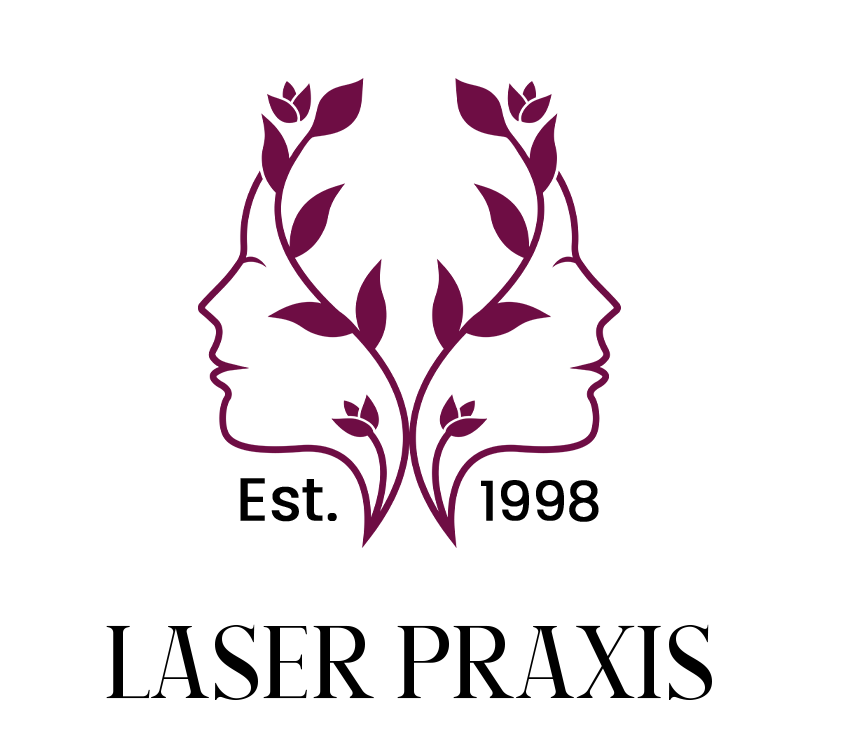Whether a procedure is carried out for medical reasons or cosmetic reasons, the aftercare and recovery period is of great importance.
In fact, recuperation from a surgery is sometimes just as big a feat as getting the procedure done in the first place. In other words, a surgery can’t truly be considered successful until recovery has been made successfully too which is why patients are called back for follow ups.
Recovery after hair transplant, though not as taxing as other cosmetic procedures, can be a little tricky or intimidating. That is what we will be discussing in this blog to help you prepare accordingly if you are planning to get hair transplant done.
What to expect after the surgery
While hair transplant is not an incredibly invasive procedure, it does require some healing time for the skin where follicles were extracted from. Therefore, the discomfort associated with any kind of healing is also part and parcel of this procedure.

Here is what you can expect after getting a hair transplant in terms of potential discomfort:
⦁ Soreness
⦁ Bruising
⦁ Swelling of the scalp
⦁ Swelling around the eyes
⦁ Bleeding
⦁ Itching
⦁ Scabs
⦁ Transplanted hair follicles falling out
⦁ Infection
If the list above looks too risky and like the recovery will be an arduous process, we just want to let you know that people are able to return to work after a couple of weeks of having this procedure done. All these side effects are temporary.
It is not a piece of cake by any measure, but it is bearable with the right care. An infection will only develop if the wound does not receive the right care it needs.
Given below are the main aftercare measures you will be required to take.
Aftercare

⦁ The patient will be given pain medication, antibiotics and anti-inflammatory medication which they will be required to take as per the doctor’s instructions. This will make the recovery more comfortable and reduce the chances of infection.
⦁ The patient may also be prescribed anti-hair loss medication to prevent further loss in the future. This will vary from one person to the other and will have to be taken for an extensive amount of time.
⦁ The patient may be advised to sleep with their head slightly elevated for three nights after the surgery. This is to prevent swelling.
⦁ The patient will be advised about what they can and can’t eat immediately following the surgery.
⦁ The patient is to steer clear of strenuous tasks and exercise for two weeks following the procedures.
⦁ The donor area as well as the part of the scalp that received the transplants should not be touched immediately following the procedure, especially not if there is chance of contamination.
⦁ The patient will be advised about their first wash and the kind of products they should use as the follicles as will still be adjusting to the new area.
⦁ The patient will be advised to not go to saunas, and to try and stay away from smoking and alcohol for a couple of days.
Should I be concerned?
Often the line between what is normal during the recovery period and what is cause for concern is very fine.
There are two kinds of reactions in this recovery phase usually. Some people might take everything in their stride considering it a part of the recovery and assuming that this is how it’s meant to be. Or the other situation is that in which a person is paranoid about their recovery process and so every little thing sets them on edge.
In this section we are going to go over some of these things to show you what is normal and what should be discussed with a doctor.
Normal side effects
The following are normal results of getting the hair transplant procedure:

⦁ If the newly transplanted hair follicles seem to be falling out, don’t panic. That is normal. They will regenerate once the scalp has healed.
⦁ Minor bruising is no cause for concern either. It will heal.
⦁ Pain or soreness that can be controlled with the pain medication prescribed (in the amounts prescribed) is normal.
⦁ A little swelling around the eyes is normal.
Do not think, however, that you can’t talk to the doctor about these things if they are really bothering you. If you think there is something out of the ordinary about these symptoms as they happen to you, you can schedule a consultation with your surgeon just to be sure.
Consultation advised
If you are facing any of the following problems, discuss with a doctor immediately:
⦁ Pain that cannot be controlled with the pain medication prescribed
⦁ Bruising that only seems to be getting worse. Scab formation is normal and is part of the healing procedure. However, if more of your scalp skin seems to be getting affected, talk to your doctor immediately as it might be an infection.
⦁ If you develop a fever, talk to your doctor. This may also be a symptom of an infection.
Having said all this, during your follow ups, your doctor will be able to tell if there is something wrong or out of the ordinary. If there are any symptoms that you were not warned about and which are causing you discomfort, then absolutely discuss them with your doctor right away.
Final word
Recovery from any procedure looks different for different people. Bodies react in varying ways to the same treatments. Therefore, do not compare your recovery with others and reach conclusions based on that.
When you pay an establishment to treat you for something, it is then your right to have all your concerns answered and to get proper guidance for the best results. Therefore, don’t hesitate to give your doctor a call.





